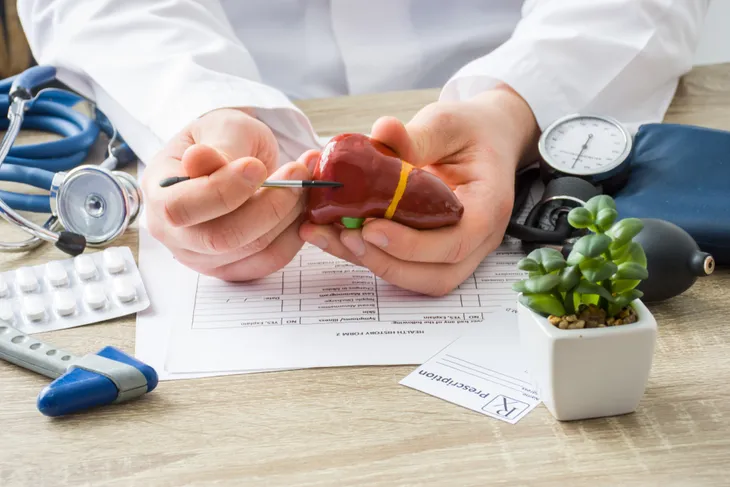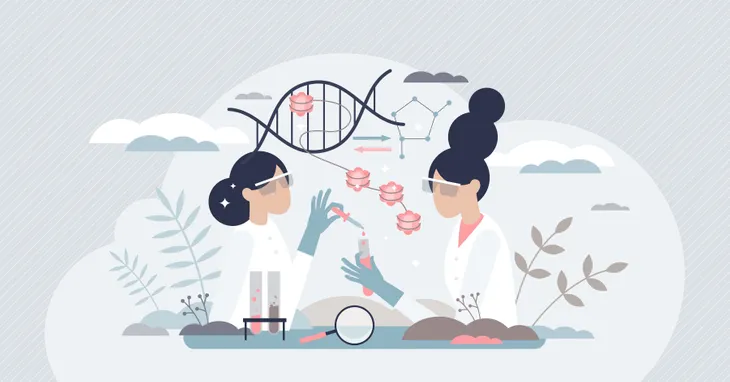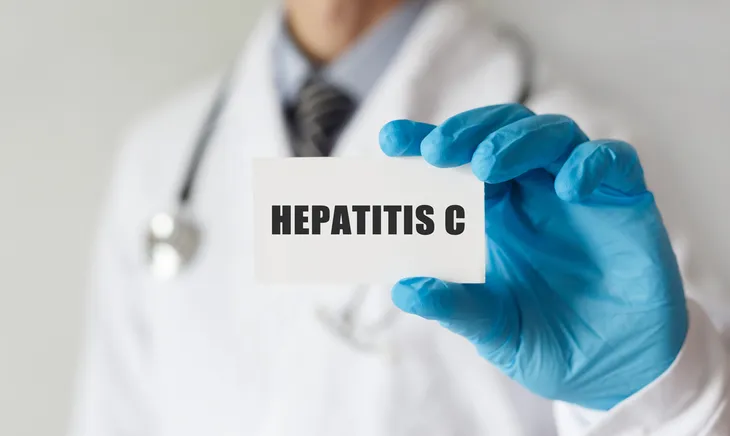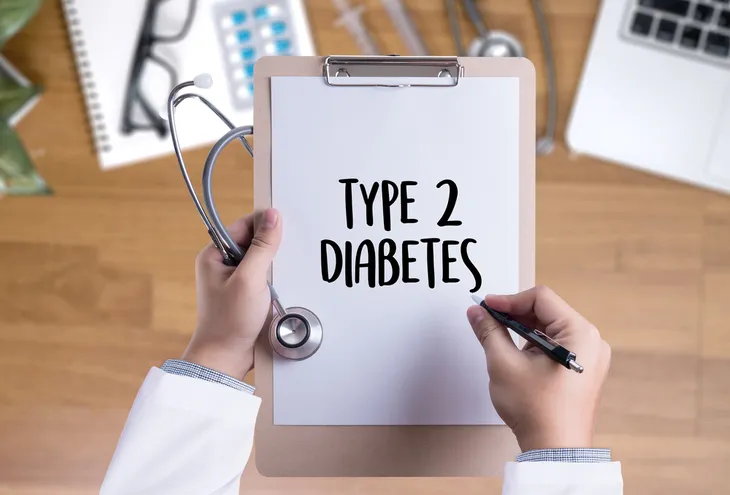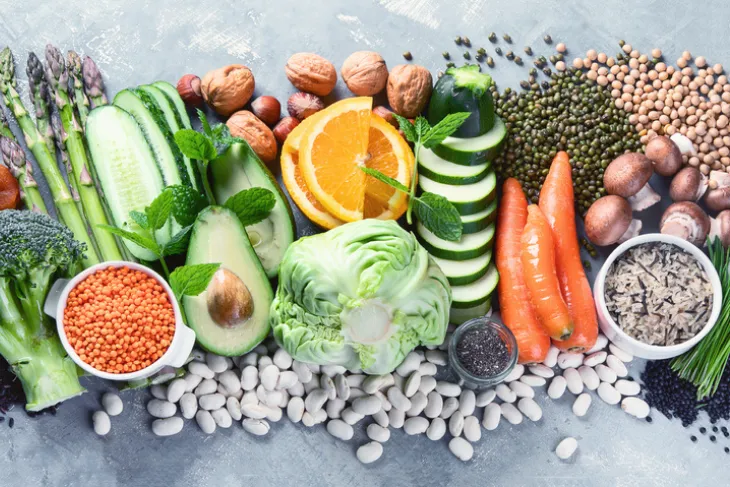Love it or hate it, coffee is undeniably the most popular drink around the world. More than 450 million cups of coffee are consumed every day in the U.S. and more than 400 billion cups are consumed each year worldwide.
There has been tons of research looking into the effects caffeine has on human health, but something that has not been explored much is how it affects the liver. Could you be putting your liver’s health at risk with your daily Starbucks or Keurig cup? Researchers have finally looked into it and they have some answers. Here’s a rundown on how coffee affects the liver.
Your Liver and Coffee
It’s a well-known fact among doctors that excess alcohol consumption is particularly bad for your liver. Alcohol can lead to chronic liver disease and cannot be reversed if it reaches a certain level of severity. Given how popular coffee beverages are, there is speculation on whether it’s a potential cause of liver disease as well.
To get an answer, a team of researchers in the United Kingdom sought to discover whether coffee consumption is linked to chronic liver disease. Its findings were published in the journal BMC Public Health.
The Study
This massive study pulled data from 494,585 UK Biobank participants. Around 77-percent of participants are coffee drinkers. The participants included men and women aged 40 to 69. They shared various info with researchers about their medical history and lifestyle, as well as physical examinations.
Participants were asked a series of questions, including how much coffee they drink each day and what type of coffee they drink such as decaffeinated, instant, ground, or other. Researchers followed up on its participants through electronic health records, which provide information such as death records and cancer registers.
What Researchers Found
After nearly 12-years since this study began, researchers checked in with the participants to discover how many incidents of chronic liver disease there were. It found that coffee drinkers are 21-percent less likely to develop chronic liver disease and 20-percent less likely to develop chronic or fatty liver disease.
Further, results show that coffee drinkers are 49-percent less likely to pass away from chronic liver disease compared to non-coffee drinkers. These results do not account for just one type of coffee — both caffeinated and decaffeinated saw positive effects.
How Much Coffee Should You Drink?
Now that you know coffee can do good things for your liver, you can feel comfortable drinking it every day. The Cleveland Clinic recommends drinking at least 3-cups each day to prevent liver problems. Those with hepatitis or fatty liver disease, consider upping that number anywhere from four to six.
The key is to drink it without cream and sugar for healthier consumption. Black coffee prevents you from consuming extra fats that put diabetics and obese individuals at risk of health problems.
Additional Health Benefits
Your liver isn’t the only thing that can benefit from drinking coffee on a regular basis. Hopkins Medicine says caffeine may lower your chance of developing Parkinson’s disease and heart failure. Your body may even be able to process sugar better.
There are more health benefits from caffeine, especially for women. Drinking coffee every day could lower your risk of having a stroke and developing colorectal cancer. Additionally, women over the age of 65 who drink 2 to 3-cups a day are found to be less likely to develop dementia.
Be Aware of Coffee Side Effects
It’s important to understand how your body will react to caffeine. One person could drink 5-cups of coffee without having any problems, whereas that amount could trigger some effects for another.
Cleveland Clinic says it’s especially important for people with heart problems or lung cancer to be cautious of how much coffee they consume.
Common Side Effects of Too Much Coffee
Only drink as much as you can tolerate to avoid uncomfortable symptoms that come from drinking too much coffee. Knowing what your ideal limit is can hopefully prevent you from dealing with side effects such as:
- Anxiety
- Insomnia
- Digestive issues
- Muscle breakdown
- Rapid heart rate
- High blood pressure
- Fatigue
- Frequent urination
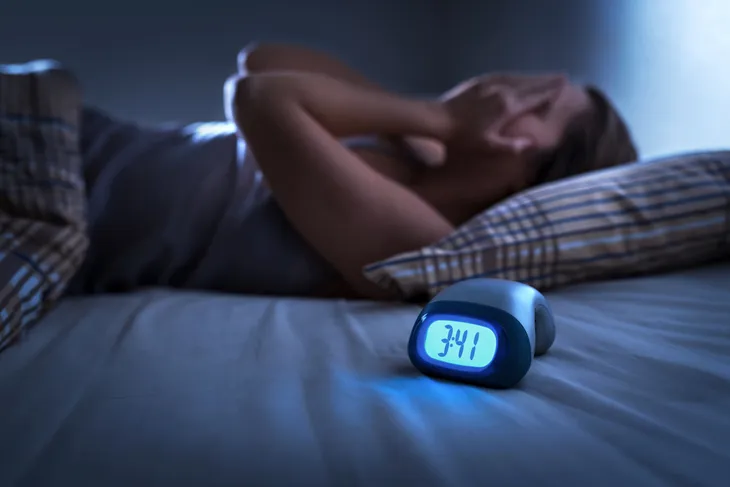 Tero Vesalainen / Shutterstock
Tero Vesalainen / ShutterstockOther Causes of Liver Disease
Just because you’re a coffee drinker doesn’t mean you’re immune to liver disease. There are many health problems and risk factors that can potentially lead to this life-threatening illness.
For example, the Liver Foundation reports that excessive alcohol consumption is the second most common cause of liver cirrhosis. This accounts for about a quarter of liver cirrhosis cases in the U.S. You can prevent alcohol-related liver disease by limiting alcohol or abstaining from it completely.
More Possible Causes
Liver disease can be caused by viral infections such as hepatitis A, B, and C. It’s also something people with immune system abnormalities may experience.
Genetics can be a contributor as well. It occurs when someone inherits an abnormal gene from one or both parents.
Liver Disease Risk Factors
According to the Mayo Clinic, here are a few risk factors that may increase your risk of liver disease:
- Obesity
- Type 2 diabetes
- Tattoos or body piercings
- Injecting drugs with shared needles
- Exposure to certain chemicals or toxins
- Family history of liver disease
Positive Habits for Your Liver
The liver is responsible for 500 bodily functions alone. It never hurts to be more mindful of your lifestyle choices that can benefit your liver health.
Aside from drinking coffee, you should consume a balanced diet that consists of fiber and low saturated fats. The American Liver Foundation says to incorporate whole grains instead of refined carbohydrates. Limit your red meat intake and opt for lean meats instead. Be sure to stay hydrated and drink lots of water throughout the day.
More Positive Habits
Aside from your diet, there are plenty of other ways to optimize your liver health. All it takes is making some lifestyle changes. This includes:
- Maintaining a healthy weight
- Exercising regularly
- Avoiding toxins that injure liver cells
- Limiting alcohol consumption
- Avoiding illicit drugs
- Washing your hands
- Following directions on all medications
If you’re concerned about your liver health or have more questions, talk with your doctor. They can recommend safe ways to protect your liver based on your current health status and lifestyle.

